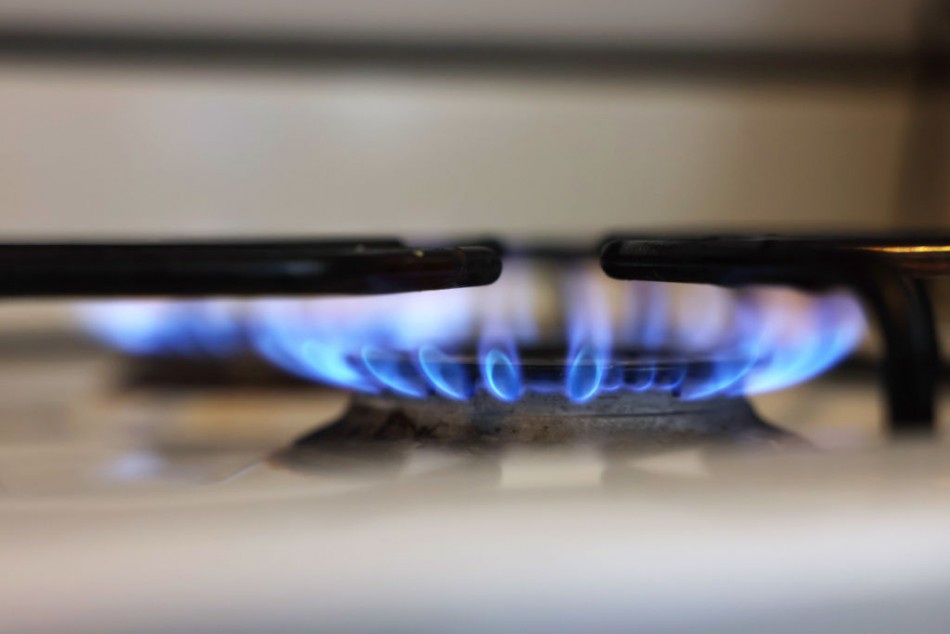New York Takes Action to Reduce Carbon Emissions with Ban on Gas-Powered Appliances in New Buildings

New York is set to become the first state in the United States to ban gas-powered appliances in most new buildings as part of a strategy to reduce carbon emissions.
The new law, which will take effect in 2026 for most new buildings under seven stories and in 2029 for larger buildings, will prohibit furnaces, propane heating, and gas stoves, replacing them with climate-friendly alternatives such as heat pumps and induction stoves.
Gas-Powered Appliances Widely Used in the US
According to The New York Times, the US Energy Department reported that in 2020, 61% of households in America will utilize natural gas for space heating or cooking purposes.
In the Northeast, the number is even greater, with 67% of homes relying on gas, including 52% of households, specifically in New York State. Using gas-powered appliances has been linked to environmental and health concerns, making it necessary to find cleaner alternatives.
The new law will make New York the first state to pass a law that will advance zero-emission new homes and buildings. Although other states, such as California and Washington, have used their building codes to promote electrification, New York's ban on fossil fuel combustion in most new buildings will be the first of its kind.
According to CNBC, environmental groups have expressed their approval of this action, with the Northeast Region Director of Food & Water Watch, Alex Beauchamp.
Beauchamp stated that New York State is setting an example in the effort to break America's harmful reliance on fossil fuels and that other regions in the country should follow suit.
New York's Exemptions and Legal Challenges
The new law could have exemptions for emergency backup generators, commercial kitchens, hospitals, and laundromats. However, the ban will not apply to existing residences that use gas-powered appliances, meaning that it won't curb emissions from existing buildings in New York, which account for roughly 32% of the state's overall emissions.
The ban on gas-powered appliances has been met with opposition from Republicans, who view it as federal overreach.
Opponents of the ban, including labor unions, oil and gas companies, and business organizations, have contended that it would result in elevated expenses for structures that rely on electricity for heating in comparison to those that utilize gas.
Moreover, a recent survey conducted by Siena College revealed that a majority of New York residents, 53%, were against the gradual elimination of gas stoves in newly constructed houses.
Legal challenges are also likely to arise, with some states like Texas and Arizona blocking cities from implementing natural gas bans, citing consumer choice.
In Berkeley, California, a federal appeals court ruled last month that the city cannot enforce a ban on natural gas hookups in new buildings, with the court stating that a US federal law preempts the city's regulation.
The consequences of this ruling could extend to comparable initiatives in over twelve other cities and counties, such as Seattle, Cambridge, Massachusetts, San Francisco, and San Jose.
Fox reports that this decision brings New York one step closer to achieving its long-term goals to reduce carbon emissions, which involve a 40% reduction by 2030 and an 85% reduction by 2050.
The proposed regulations aim to limit certain aspects of natural gas-powered stoves that some consumer groups claim would have a significant negative impact on product quality in order to attain emission reductions.
The Department of Energy revised the number of gas stoves that would comply with the new guidelines after analyzing its own data and finding that 96% of gas stoves would be prohibited under the proposed regulations.
While it has been met with opposition, the state is determined to lead the way in ending America's dependence on fossil fuels, calling on other states to follow its example.
Related Article: Utah Abortion Access Continues: Judge Blocks Controversial Ban on Clinics, Planned Parenthood Prevails
© 2024 ParentHerald.com All rights reserved. Do not reproduce without permission.
